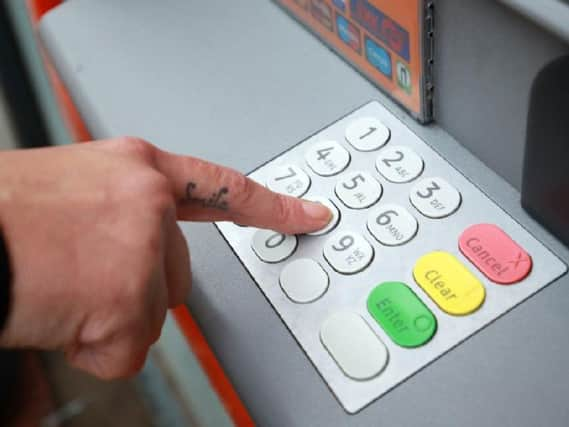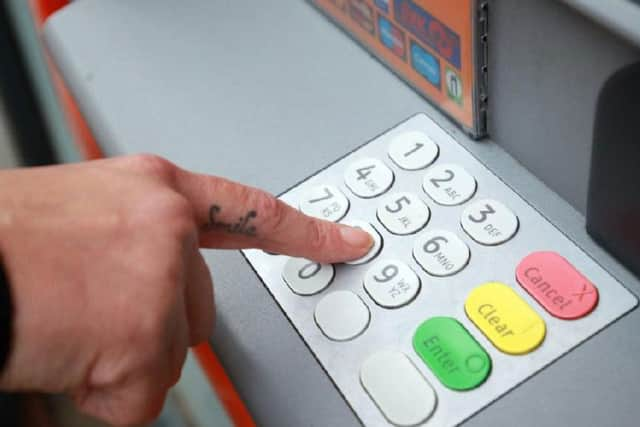How to protect yourself against scams during Brexit period of change


The document, which looks at the impact of a no deal Brexit on financial services, warns there may be a greater risk of scams during any period of change.
This is because criminals will want to take advantage of people's uncertainty about changes to everything from banking, health and tax to insurance, mobile phones and driving licences.
Advertisement
Hide AdAdvertisement
Hide AdThe Home Office and UK Finance are reminding consumers to 'Take Five to Stop Fraud' - if you receive a request to provide personal or financial information, you need to take a moment to reflect and step back from the situation. Stop and think about what’s really going on.


The Take Five campaign has issued some top tips to prevent yourself from fraud:
- A genuine bank or organisation will never contact you out of the blue to ask for your PIN, full password or to move money to another account. Only give out your personal or financial details to use a service that you have given your consent to, that you trust and that you are expecting to be contacted by.
- Don’t be tricked into giving a fraudster access to your personal or financial details. Never automatically click on a link in an unexpected email or text, even if it appears to be from a place you know and trust - such as your bank, HMRC, Amazon, Apple, or the DVLA.
Advertisement
Hide AdAdvertisement
Hide Ad- Always question uninvited approaches in case it’s a scam. Instead, contact the company directly using a known email or phone number..
- Just because someone knows your basic details (such as your name and address or even your mother’s maiden name), it doesn’t mean they are genuine. Be mindful of who you trust – criminals may try and trick you into their confidence by telling you that you’ve been a victim of fraud. Criminals often use this to draw you into the conversation, to scare you into acting and revealing security details.
- Don’t be rushed or pressured into making a decision. Under no circumstances would a genuine bank or some other trusted organisation force you to make a financial transaction on the spot; they would never ask you to transfer money into another account for fraud reasons. Remember to stop and take time to carefully consider your actions. A genuine bank or some other trusted organisation won’t rush you or mind waiting if you want time to think.
- Listen to your instincts. If something feels wrong then it is usually right to question it. Criminals may lull you into a false sense of security when you are out and about or rely on your defences being down when you’re in the comfort of your own home.
Advertisement
Hide AdAdvertisement
Hide Ad- Have the confidence to refuse unusual requests for personal or financial information. It’s easy to feel embarrassed when faced with unexpected or complex conversations. But it’s okay to stop the discussion if you do not feel in control of it. Never hesitate to contact your bank or financial service provider on a number you trust, such as the one listed on their website or on the back of your payment card.
To find out more about the different types of financial fraud and scams, and how to protect yourself, visit the Take Five website at takefive-stopfraud.org.uk/adviceIf you need any advice on changes during the Brexit period, visit www.gov.uk/euexit
